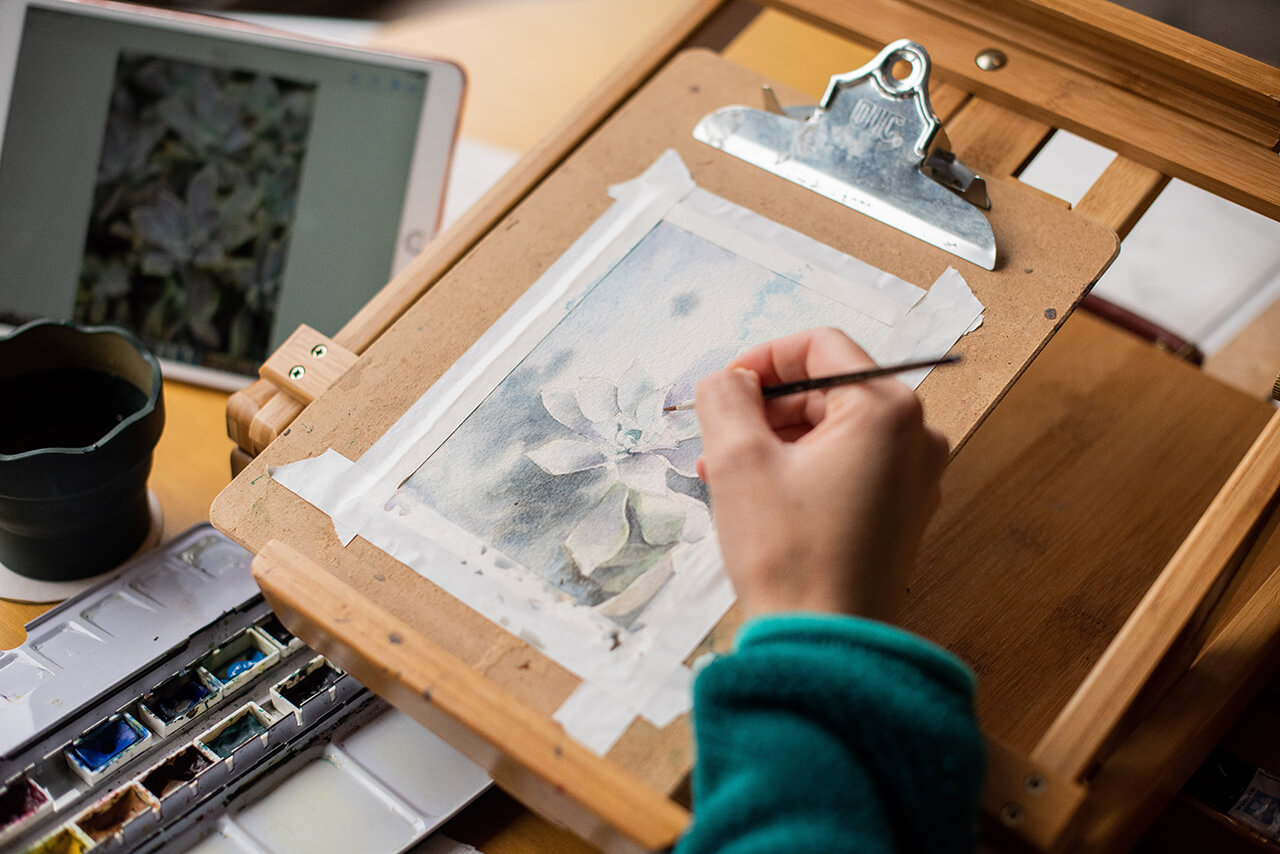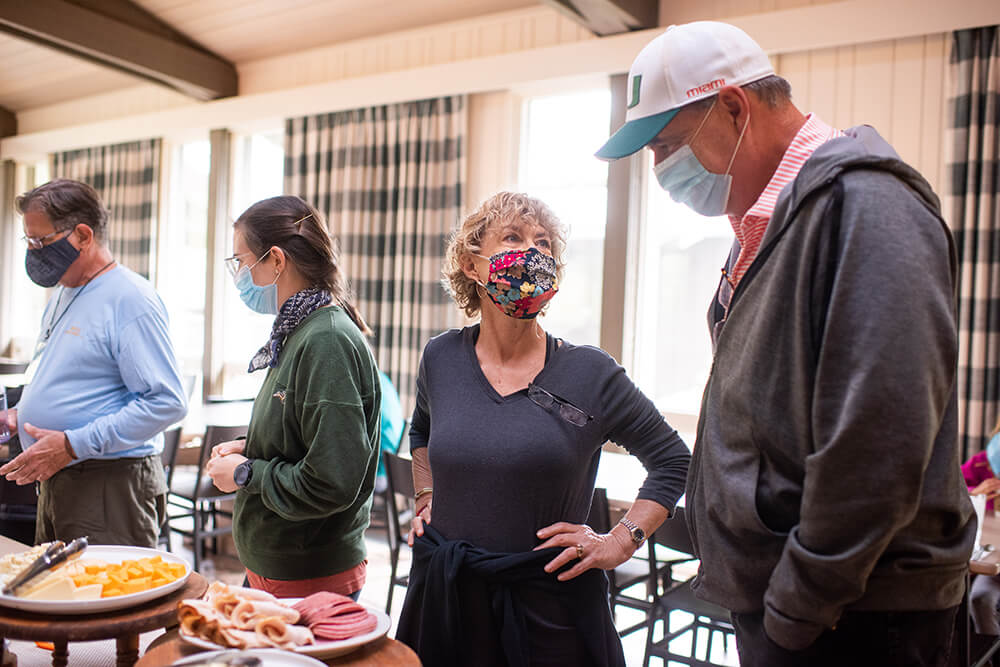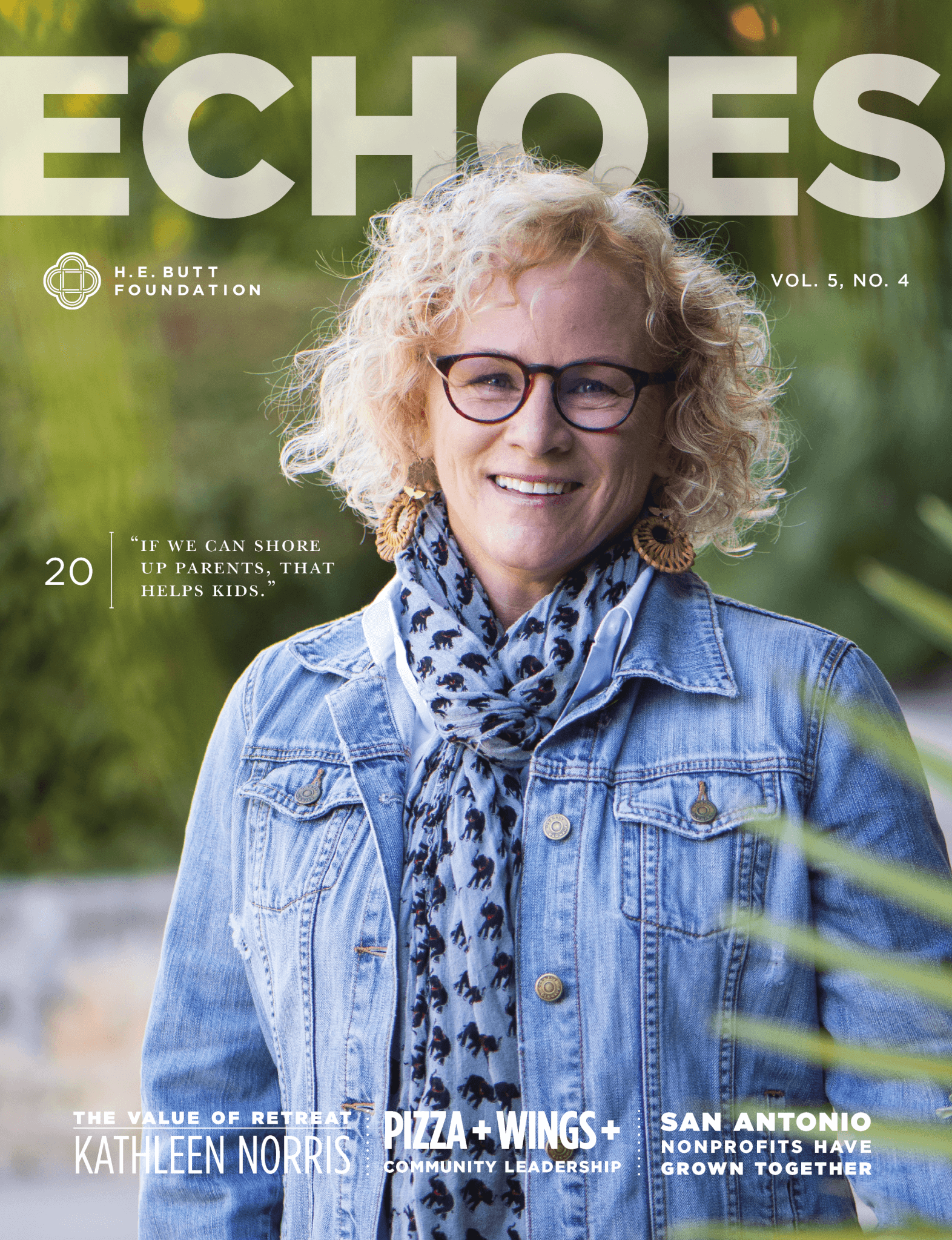
For years in America, the retreat centers sponsored by churches and monasteries have been booked up well in advance. People recognize that they need the chance to enter into silence and live for a while in a place where the day is centered on prayer and contemplation. They need the music, art, and conversation that programs at these facilities provide. These centers are often found in places of great natural beauty, encouraging guests to take time to enjoy and praise God’s creation as they hike a trail or swim in a river.
I doubt that anyone expected 2020 would be the year when we were all suddenly plunged into a forced retreat in our own homes. The unexpected disruption of our daily routines due to the COVID-19 virus has changed the way we work and the way we educate our children. The intense togetherness has strengthened the bonds in some families, which is a cause for joy. But it has exposed fault lines in others, revealing a need for healing. This curious sort of retreat has brought with it unprecedented challenges but also great opportunities for spiritual renewal.
In the first weeks of the pandemic lockdown, I recalled a comment by Thomas Merton. I’m paraphrasing, but he said that a time is coming when we’ll all be expected to stand on our own two feet, when the structures we depend on have been taken from us, and we must ask: What do we do now?

The question, “God, what is it you’re asking of me?” has taken on new significance for me in the last few months.
I’m a widow and live alone, so the pandemic did not alter my daily routines in a drastic way. But I grieve that I can’t go to see my beloved grandnieces and help them celebrate their birthdays. I can no longer travel for work, either, and have had to adjust to having less income. A retreat that I was to conduct in Northern Ireland in June was postponed, and some talks I was to give were either canceled or moved online. But the details matter less than what I make of the setbacks.
I decided early on that this strange world of the pandemic retreat is offering me an opportunity to become more disciplined in my daily prayers. If I could no longer go to a gym, I could take long walks around my city. I often begin by walking a labyrinth in a nearby church parking lot; it’s good prayer time that allows me to thank God for the beauty of the sky at sunrise. If I couldn’t see the elders of my church family in person, I could send cards to those who have no internet access and can’t attend church with the rest of us on Zoom.
I thought I was doing fairly well at surviving these odd times until I encountered in my devotional reading a statement by Thomas Traherne: “Your enjoyment of the world is never right, till every morning you awake in heaven.”
Well, Tom, I thought: that’s easy for you to say. But then I found out more about him.
“I doubt anyone expected 2020 to be the year when we were all suddenly plunged into a forced retreat in our own homes.” |
I had known that he was a 17th century British poet, but not that his times were at least as troubled as our own. Traherne was a child when a violent civil war ended with the execution of King Charles I, followed by the brutal dictatorship of Oliver Cromwell. And in 1665, when Traherne was 24 and recently ordained an Anglican priest, a plague struck London, killing thousands of people within two weeks. Imagine the terror of having no idea what had caused the disease, what might cure it, or how long it would last. And yet we find Thomas Traherne waking every morning in heaven.
How is that possible, I thought? And is it possible for me to wake in heaven, thanking God every morning for my life and all the beauty of this wounded world?
As the holiday season approaches, with Christmas and New Year’s plans being disrupted for many families, it may help to remember that even at a distance, we can still love. We can still thank God for the blessing of other people in our lives, both those close to us and the strangers we serve by donating our time, talents, and money to help relieve the terrible burdens brought on by the pandemic.
Yes: as all things are possible with God, we can still wake in heaven every morning. And we can look forward in hope for a time when we can return to the retreat centers like Laity Lodge that have come to mean so much to us and our families.
H. E. Butt Foundation cohort aims to help San Antonio churches and church leaders break mental health stigmas.
Deep in the heart of Texas’ hill country, the stars aren’t competing with light pollution from cities and suburbs.
